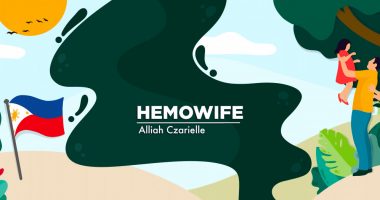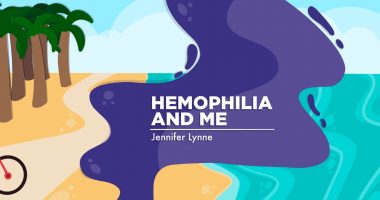Lessons in Unexpected Places Help With Communication

My husband and I are both United Methodist clergy, so our children are called PKs (pastors’ kids). Some PKs earn reputations for misbehaving, giving their parents plenty of gray hairs. Other PKs are kind and considerate, attend youth groups and Bible studies, and are seen as model children.
My sons do not fall into either category. They are just two boys along for the ride as my husband and I move to new towns to minister. They adjust as well as possible. I’m grateful for their resilience. But I’ve noticed something about my sons.
Because my boys spend quite a bit of time in the church (my oldest son, Julian, 25, is a paid musical soloist in an Episcopal church), they have learned to communicate well with adults. As a result, they’ve developed confidence and grace with their elders. It makes my heart happy to see my 16-year-old son, Caeleb, talking and laughing with the older members of my congregation. However, the church is not the only reason my sons have developed such wonderful skills.
Years of living with hemophilia meant numerous appointments with doctors. As a result, my sons were often in a room where adults talked about them without hearing their voices. Of course, when they were little and didn’t have the ability to speak for themselves, it was my role as their mother, their advocate, to speak for them.
I taught my sons from an early age about factor and needles, pokes, ports, and their blood needing “muscles.” When they were as young as 5, I did my best to engage my sons in the conversations in the room when doctors and nurses were talking about their care. My sons didn’t always have control over their treatment. They were young, and decisions needed to be made for their well-being. I found that when I stopped the conversations, got my son’s attention, and asked questions, everything seemed a little less scary.
Children with chronic and rare disorders experience more in their young lives than most adults will ever understand. They learn about their condition, use the correct medical terms, ask questions, and make recommendations for their treatment. They even administer their infusions and injections. As a result, these fantastic children often learn to take control of their health before they’ve learned to drive.
While my career path has caused quite a bit of change in my family members’ lives, I’m grateful for the lessons we’ve learned. Ask questions, include everyone involved, ask more questions, and always speak up with grace and compassion. Conversations about healthcare can be difficult, but optimal outcomes are more likely when we use the lessons we’ve learned about how to communicate with others.
Note: Hemophilia News Today is strictly a news and information website about the disease. It does not provide medical advice, diagnosis, or treatment. This content is not intended to be a substitute for professional medical advice, diagnosis, or treatment. Always seek the advice of your physician or another qualified health provider with any questions you may have regarding a medical condition. Never disregard professional medical advice or delay in seeking it because of something you have read on this website. The opinions expressed in this column are not those of Hemophilia News Today or its parent company, BioNews, and are intended to spark discussion about issues pertaining to hemophilia.








Comments